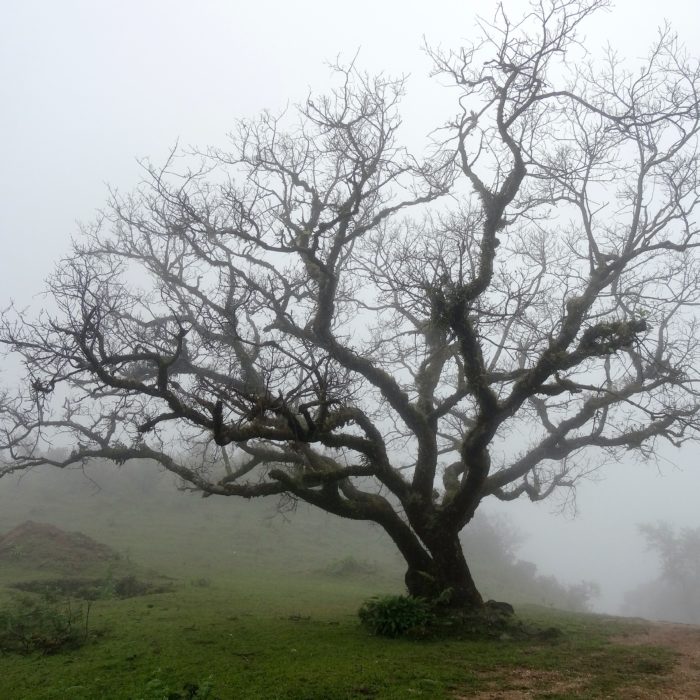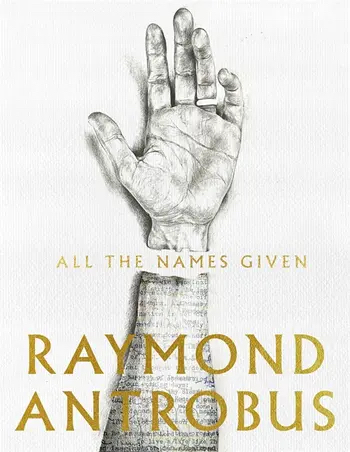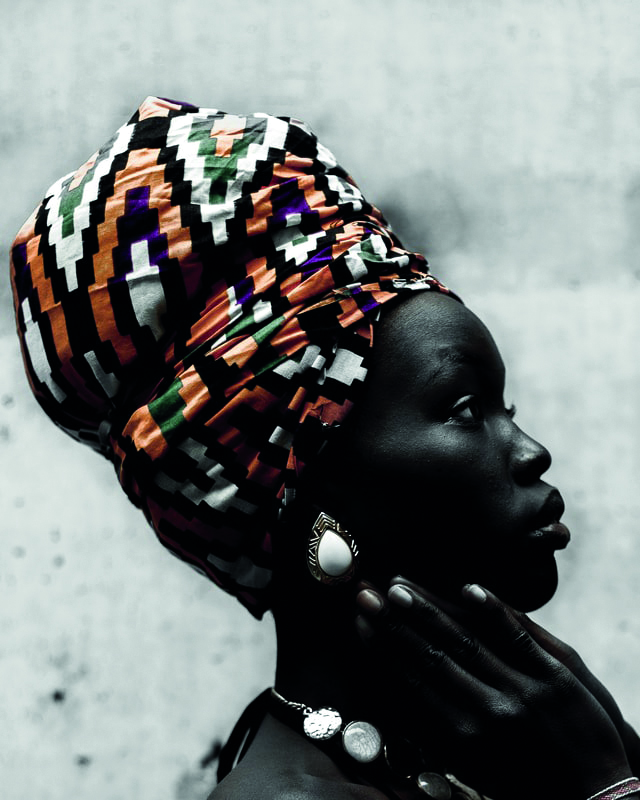You have no items in your cart. Want to get some nice things?
Go shoppingThey had grown used to him. But when the
Tilley lamp was brought and threw
fitful beams into the darkening room, the stranger
grew unknowable. They washed his neck
and, as they knew nothing of his circumstances,
they wove a history for him from lies,
diligently washing. A cough forced one to pause,
to rest her loaded vinegar sponge
on the face. The second one took the opportunity too,
to pause. The heavy drops fell
from the hard brush, and his horribly contorted hand
tried to signal to the whole house
that he no longer thirsted.
It understood. Abashed, clearing their throats,
they resumed their work, their bent shadows caught
by the net cast by the patterned wallpaper,
twisting until the end.
The night stood blank in the curtainless window.
The nameless one lay there, naked, clean,
and demanding.
Leichen-Wäsche
(1908, Paris)
Sie hatten sich an ihn gewöhnt. Doch als
die Küchenlampe kam und unruhig brannte
im dunkeln Luftzug, war der Unbekannte
ganz unbekannt. Sie wuschen seinen Hals,
und da sie nichts von seinem Schicksal wussten,
so logen sie ein anderes zusamm,
fortwährend waschend. Eine musste husten
und ließ solang den schweren Essigschwamm
auf dem Gesicht. Da gab es eine Pause
auch für die zweite. Aus der harten Bürste
klopften die Tropfen; während seine grause
gekrampfte Hand dem ganzen Hause
beweisen wollte, dass ihn nicht mehr dürste.
Und er bewies. Sie nahmen wie betreten
eiliger jetzt mit einem kurzen Huster
die Arbeit auf, so dass an den Tapeten
ihr krummer Schatten in dem stummen Muster
sich wand und wälzte wie in einem Netze,
bis dass die Waschenden zu Ende kamen.
Die Nacht im vorhanglosen Fensterrahmen
war rücksichtslos. Und einer ohne Namen
lag bar und reinlich da und gab Gesetze.
Swiss writer Rainer Maria Rilke (1875–1926) is one of the greatest 20th-century poets. His two most famous verse sequences are the Sonnets to Orpheus and the Duino Elegies; among his prose works are the semi-autobiographical novel The Notebooks of Malte Laurids Brigge.
Timothy Taylor is reader in Archaeology at the University of Bradford and Editor-in-Chief of the Journal of World Prehistory.





